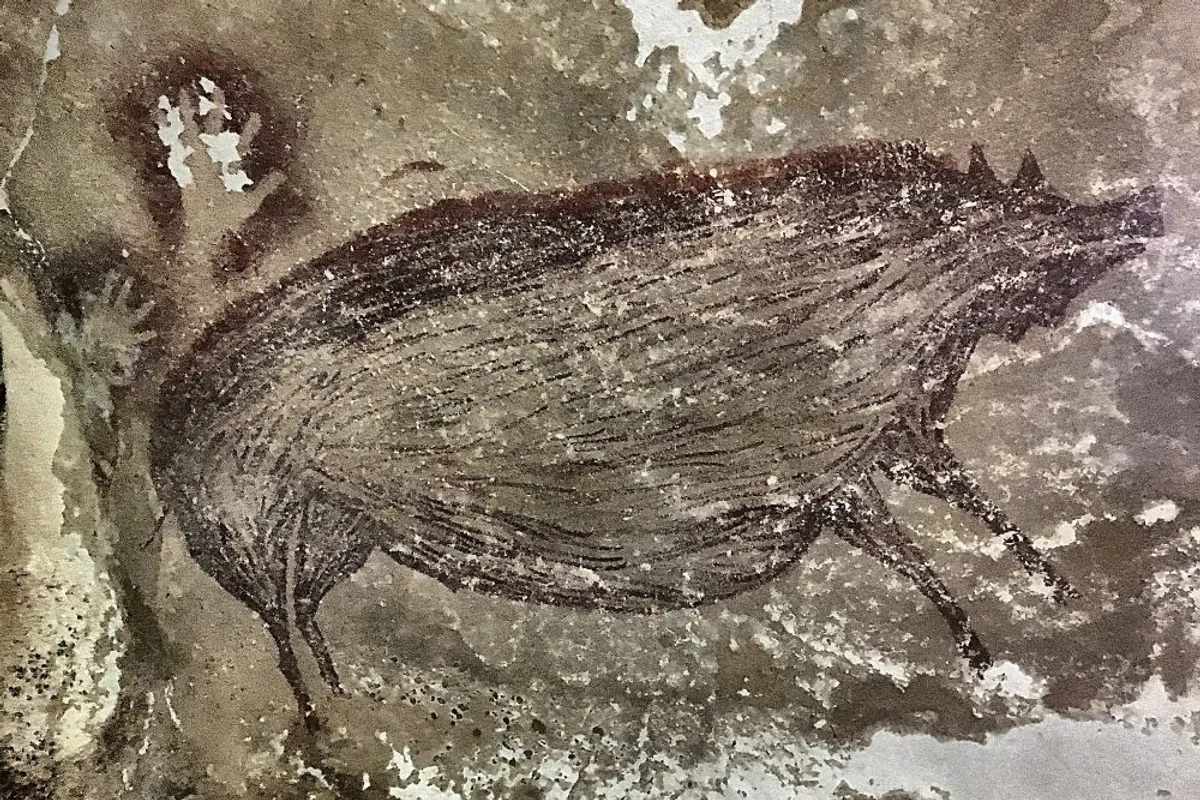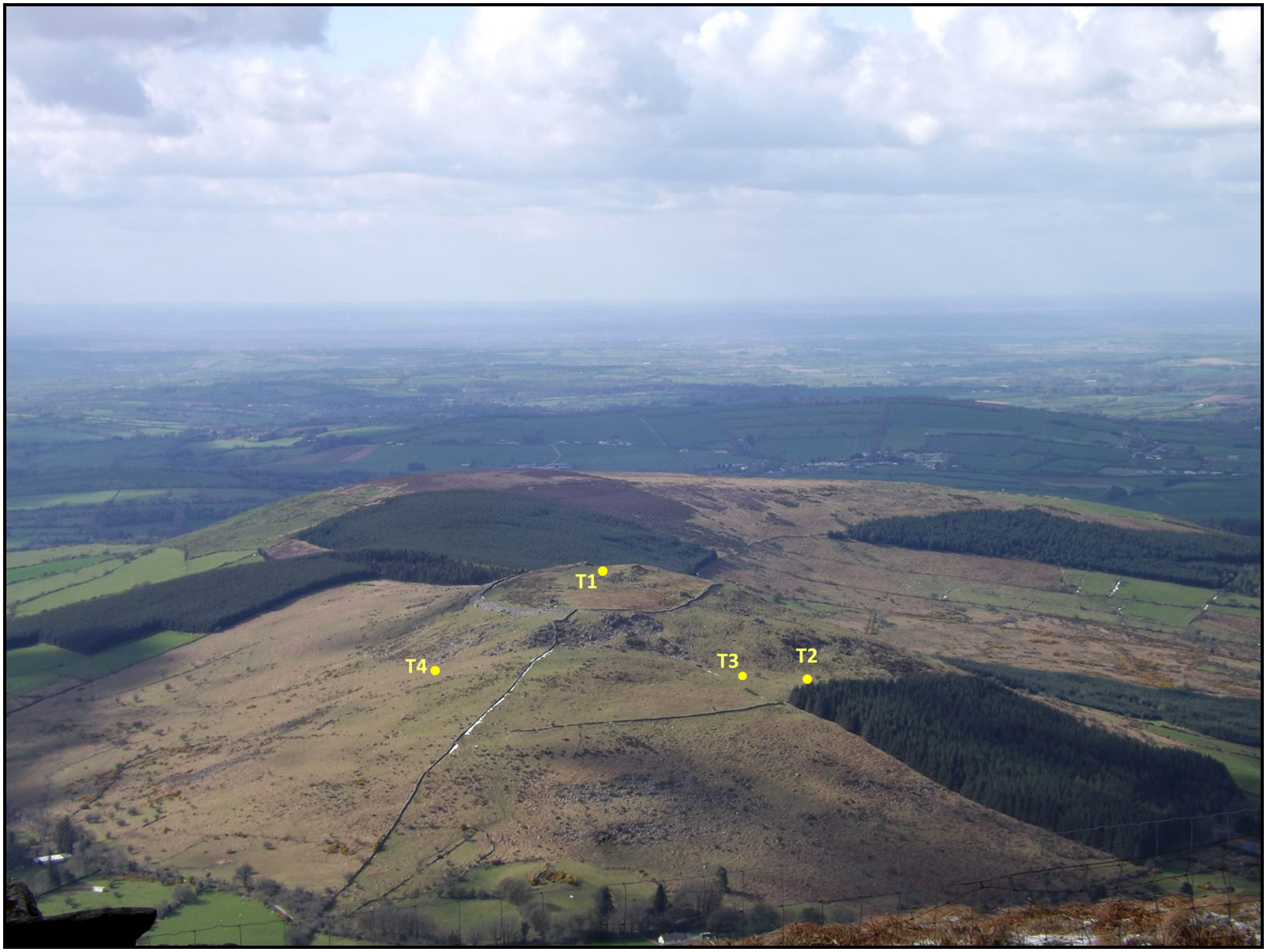Octopus fossils dating back 330 million years were discovered in Montana by scientists, proving that octopuses predate dinosaurs.
The fossil of Syllipsimopodi from the Bear Gulch Limestone of Montana. The fossil is incredibly well-preserved, especially given that it’s made up of mostly soft tissue. The fossil is from the Invertebrate Paleontology collections of the Royal Ontario Museum. © Christopher Whalen via NPR.ORG / Fair Use
One of the many mysteries surrounding marine life has recently been solved by a team of hardworking researchers. We now know more about the amazing ancestry of these fascinating creatures thanks to the finding of the oldest known octopus fossil. This 330 million-year-old fossil from Montana refutes earlier theories about how these soft-bodied invertebrates evolved and shows that octopuses existed before dinosaurs.
The Montana fossil is a historical window
The study emphasizes the importance of this ground-breaking discovery and was published in the esteemed journal Nature Communications. The ancient octopus fossil, which was found in Montana's Bear Gulch limestone formation, was 4.7 inches (12 centimeters) long. The preserved species shows that the ancestors of current octopuses had more appendages than their contemporary counterparts, with 10 limbs, each with two rows of suckers.
A diagram of the octopus fossil found in Montana. © K. Whalen via ATI / Fair Use
The prehistoric octopus may have lived in a bay of a shallow tropical ocean, providing researchers with a window into the aquatic life of that time. This discovery is especially noteworthy because soft-bodied creatures are frequently poorly preserved in the fossil record and soft tissue fossils are extremely rare.
Long-forgotten treasure
Although the octopus fossil was discovered in Montana and given to the Royal Ontario Museum in Canada in 1988, it was overshadowed by other exciting fossil discoveries from the Bear Gulch site for many years and eventually went unnoticed. The significance of this item was not fully understood until recent years, when paleontologists found the 10 small limbs trapped in limestone.
Figuring out the enigma of the ancient octopus
The well-preserved fossil of an octopus also revealed signs of an ink sac, similar to those found in living octopuses. To protect themselves from predators, these organisms employ ink to produce a black cloud in the water. This remarkable parallelism shows that the octopus of the distant past had already evolved sophisticated survival techniques millions of years ago.
Syllipsimopodi bideni: a presidential tribute
In honor of Vice President Joe Biden, the researchers that investigated the octopus fossil gave it the name Syllipsimopodi bideni. They wanted to underline the significance of such discoveries in comprehending the evolution of marine life and to show their gratitude for the president's dedication to science and research.
An artistic reconstruction of Syllipsimopodi. © K. Whalen / Christopher Whalen via NPR.ORG / Fair Use
Vampyropods: a historical ancestry
The mysterious vampire squid and modern octopuses are both members of the mollusk family known as vampyropods, which also includes the ancient octopus. The vampire squid, despite its name, is more closely linked to octopuses than squids, which heightens the mystery surrounding these fascinating animals.
The earliest known definitive vampyropod, which was discovered in Montana, dates back to about 240 million years. Therefore, the discovery of Syllipsimopodi bideni moves the origins of this clade back by around 100 million years, providing important new information on the earliest phases of vampyropod evolution.
The importance of the finding
For the scientific community, the discovery of the earliest known octopus fossil is of utmost importance. It disproves earlier theories regarding the progression of octopus evolution by showing that these extinct organisms were already thriving at the time of the dinosaurs. The potential to examine the early evolution of soft-bodied invertebrates, which are frequently underrepresented in the fossil record, is also a particular benefit of this.
Consequences for the investigation of octopus ancestry
The 330 million-year-old octopus fossil's discovery has significant ramifications for the investigation of octopus ancestry. Scientists can better appreciate the special adaptations that have allowed octopuses to survive and flourish in their aquatic settings by knowing the evolutionary history of these species. The results also highlight the value of continuing to study the fossil record because even long-ignored specimens can provide ground-breaking information.
Paleontology's role in revealing the past's secrets
The tale of the extinct octopus fossil emphasizes how important paleontology is to our comprehension of the evolution of life on Earth. Researchers can shed light on the intricate web of evolutionary relationships that have molded the world we live in by methodically inspecting and analyzing fossil specimens. These discoveries about long-extinct species help us understand how the world evolved.
The mysterious world of prehistoric octopuses
With its tantalizing insight into a world that existed hundreds of millions of years ago, the Montana fossil find has opened a new chapter in the study of ancient octopuses. Our admiration for the diverse web of life that has molded Earth's past grows as we continue to unravel the mysteries of these amazing species.
Future-focused: What else can we discover?
The fascinating tale of the extinct octopus fossil serves as a reminder of the pervasive force of scientific curiosity and the possibility of further discoveries. We can expect to learn more about the fascinating world of ancient octopuses and their amazing evolutionary path as researchers continue to delve into the fossil record and unearth new examples.
In conclusion, the discovery of the earliest known octopus fossil in Montana has both clarified the history of these mysterious organisms and shown the value of ongoing historical research. We can better grasp the intricate web of life that has molded our globe and appreciate the remarkable adaptations that have allowed these species to live over the millennia by solving the secrets of ancient octopuses.









